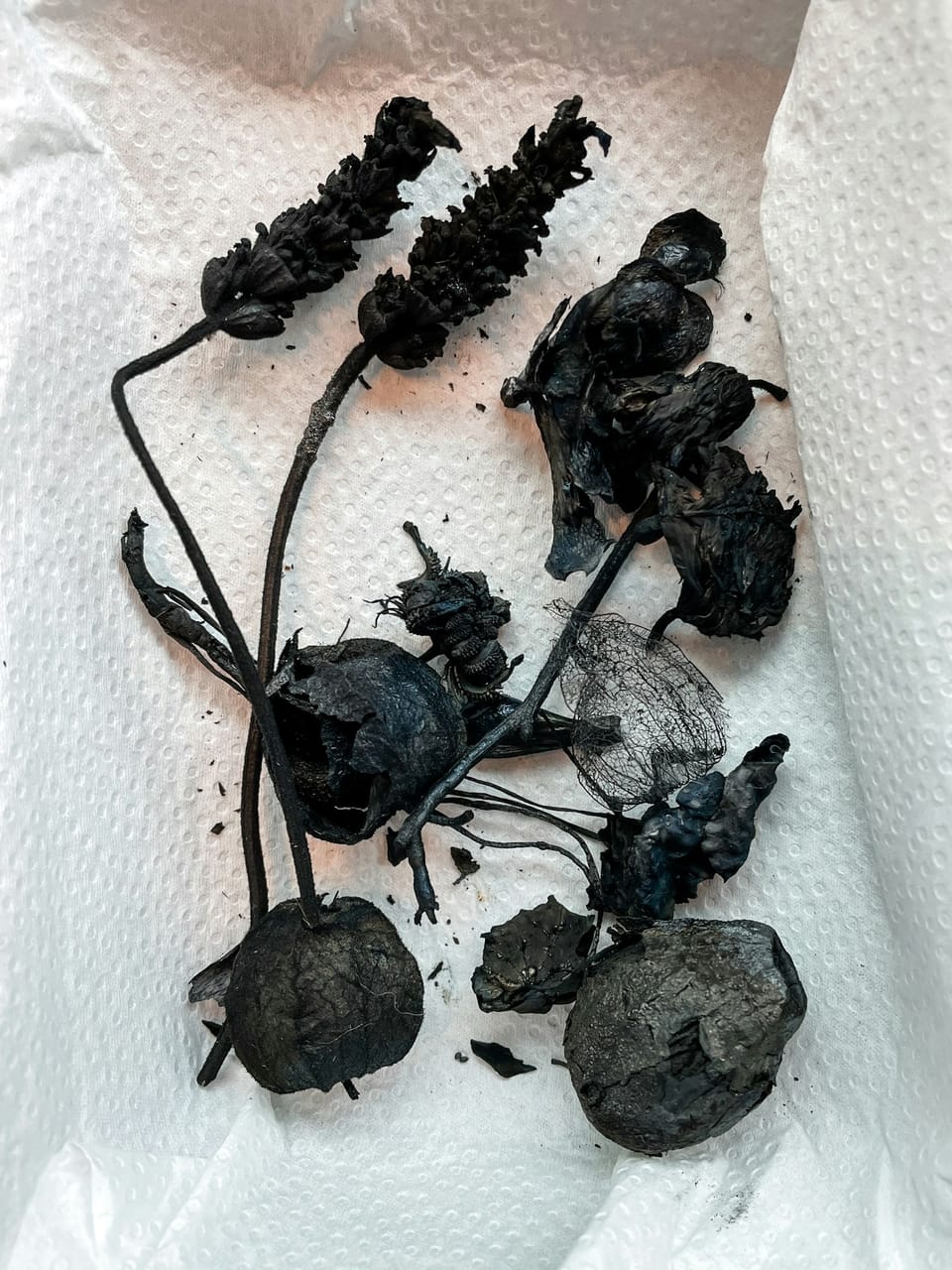Harnessing Biochar's Potential: Promoting Sustainable Agriculture and Mitigating Climate Change in Oman

The Promising Role of Biochar in Agriculture
Biochar, a carbon-rich substance produced by heating organic materials in a low-oxygen environment, has emerged as a promising solution to enhance soil fertility and crop productivity. When incorporated into the soil, biochar acts as a long-term carbon sink, effectively sequestering atmospheric carbon dioxide and mitigating climate change. Additionally, biochar's porous structure improves soil structure, water retention capacity, and nutrient availability, creating a favorable environment for plant growth.
Biochar Production in Oman
Oman, with its abundant agricultural waste and biomass resources, holds significant potential for biochar production. By converting these waste materials into biochar, Oman can not only reduce waste management challenges but also create a valuable soil amendment for its agricultural sector. The government and private sector can collaborate to establish biochar production facilities, leveraging modern pyrolysis technologies to ensure efficient and sustainable production processes.
Feedstock Sources
Oman's diverse agricultural landscape provides a wide range of feedstock sources for biochar production. Date palm waste, such as fronds and trunks, can be utilized as a primary feedstock, given the country's extensive date palm cultivation. Other potential feedstocks include crop residues, such as wheat and barley straw, as well as organic waste from households and food processing industries. By sourcing feedstock locally, Oman can minimize transportation costs and reduce the carbon footprint associated with biochar production.
Promoting Sustainable Agriculture
Integrating biochar into Oman's agricultural practices can significantly contribute to sustainable agriculture. Biochar's ability to enhance soil fertility and water retention capacity is particularly valuable in Oman's arid and semi-arid regions, where water scarcity is a major challenge. By improving soil health, biochar can increase crop yields, reduce the need for synthetic fertilizers, and enhance the resilience of crops to drought and other environmental stresses.
Research and Extension Services
To fully harness the potential of biochar in Oman's agriculture, investments in research and extension services are crucial. Collaborative efforts between academic institutions, government agencies, and farmers can help identify the most suitable biochar application rates, methods, and crop-specific benefits. Extension services can provide farmers with the necessary knowledge and training to effectively incorporate biochar into their farming practices, ensuring widespread adoption and maximizing the benefits for sustainable agriculture.
Climate Change Mitigation
Beyond its agricultural benefits, biochar plays a vital role in mitigating climate change. As a stable form of carbon, biochar can store carbon in the soil for hundreds to thousands of years, effectively removing carbon dioxide from the atmosphere. By promoting large-scale biochar production and application, Oman can contribute to global efforts in reducing greenhouse gas emissions and combating climate change.
Carbon Credit Opportunities
Oman can explore the potential of carbon credit markets to incentivize biochar production and application. By quantifying the carbon sequestration potential of biochar projects, Oman can participate in international carbon trading schemes, attracting investments and generating revenue for sustainable agriculture initiatives. This can provide additional financial benefits to farmers and encourage the adoption of biochar as a climate-smart solution.
Something to Consider
Harnessing biochar's potential in Oman requires a concerted effort from various stakeholders, including policymakers, researchers, farmers, and the private sector. Some key considerations include:
- Developing a comprehensive national strategy for biochar production and application
- Investing in research and development to optimize biochar production processes and identify crop-specific benefits
- Providing financial incentives and support mechanisms to encourage farmers to adopt biochar-based sustainable agriculture practices
- Promoting awareness and education about the benefits of biochar among farmers and the general public
- Fostering international collaborations and knowledge exchange to learn from best practices and accelerate the adoption of biochar technologies
By embracing biochar as a sustainable solution, Oman can pave the way for a more resilient and climate-smart agricultural sector, contributing to food security, environmental sustainability, and climate change mitigation.
Looking for updates? Sign up to our newsletter for weekly snippets.
#Oman





